The start of the Spanish cherry campaign is only a few days away, and up to now, the fruit has been the least affected by frost. The markets are eagerly awaiting the arrival of this seasonal product.
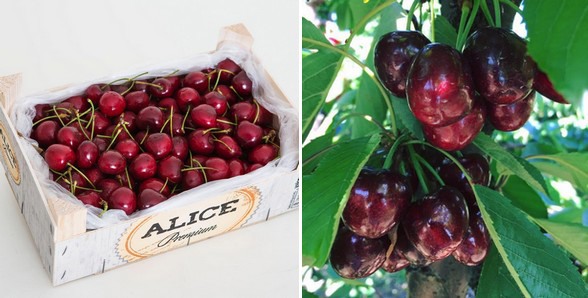
"Between the end of this week and the beginning of next, we will start marketing the first cherries of the season, which already have a remarkable quantity," says Ramón Pascual, from the sales department of Summer Fruit, based in Fraga, Huesca. "We have been selling some greenhouse cherries and some extra early open ground cherries, but only very small volumes," he says.
The weather has been very unstable so far, with cloudy and rainy days and low temperatures. This has delayed the start of the campaign, but the situation is expected to improve this weekend.
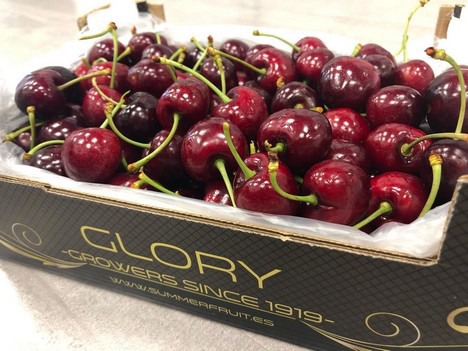
"Unlike apricots, which have been the worst hit by the frosts this season, cherries have escaped the impact of the adverse weather rather well. We expect, therefore, a campaign with normal volumes and good quality," says Ramón Pascual.
According to the trader, it is still too early to talk about prices in the cherry market, as there are no significant volumes on the market yet. "Cherries are a purely seasonal product, marketed during just two months. Its arrival is highly anticipated and we are already receiving many calls from customers who are eager to get started."
While it is true that, in early April, cherries traditionally reach very high prices due to the low supply, Ramon Pascual believes that this trend has been changing over the years. "Consumers are becoming more demanding and are willing to pay for a product that is good, rather than for it being the first to reach the shelves. In fact, it is becoming increasingly difficult to obtain the high prices paid in previous years. Also, the economic situation in the wake of the pandemic, during which so many people have lost their jobs, is taking a toll on buying habits."
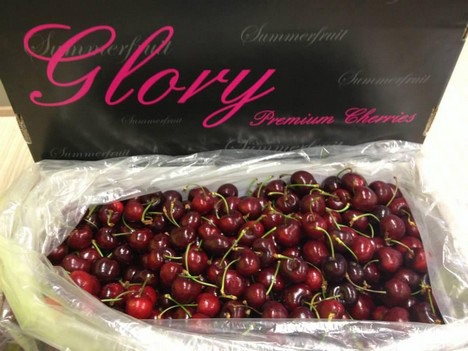
In addition to exporting to the main European markets, the Huesca-based company is also specialized in shipments to overseas destinations, like some Asian countries. "This year, in addition to the logistical difficulties due to the lack of containers, it seems that we will face a lot of competition from California, which has sufficient volumes and quality, so, for the time being, I don't think we will have much room," says Ramón Pascual.
"We are already warning customers that it will be difficult to find small fruit for baskets."
Regarding other stone fruit species that Summer Fruit works with, the product with the smallest supply will be apricots, whose production is expected to drop by around 50% in Spain. The nectarine, peach and flat peach supply will also be around 30% smaller due to the impact of frosts.
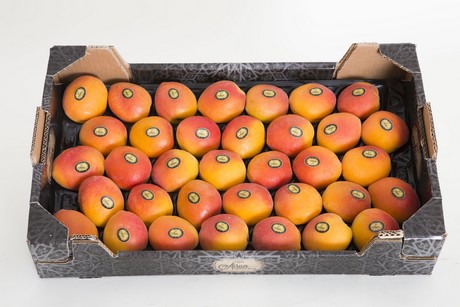
"Last season was difficult because of the impact of hailstorms, and this year the key factor has been the cold. The frosts have especially hit the late areas which account for most of the production, such as Lleida and Huesca, as well as Italy and France. Therefore, from the end of June and in July, the production shortages will start to become noticeable," says Ramón Pascual. "In any case, good pricing will be important. Prices should not be exorbitant, as given the current pandemic situation and its consequences on the economy, consumption could otherwise be affected. All links in the chain will benefit from applying some common sense.
Besides, sizes will be larger than desired, as there will be less fruit on the trees, so small fruit will be the most sought after, especially by those supermarkets looking to work with the basket format. "For this reason, we are warning the chains that work with us in advance, so that these formats can be programmed to contain fewer and larger pieces. This way, we should be able to avoid tensions caused by shortages," says the sales representative.
More information: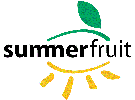
Ramón Pascual
Summerfruit
Ctra. Nacional 221, km 329
Fraga (Huesca)
T: +34 974453915
ramon@summerfruit.es
www.summerfruit.es

